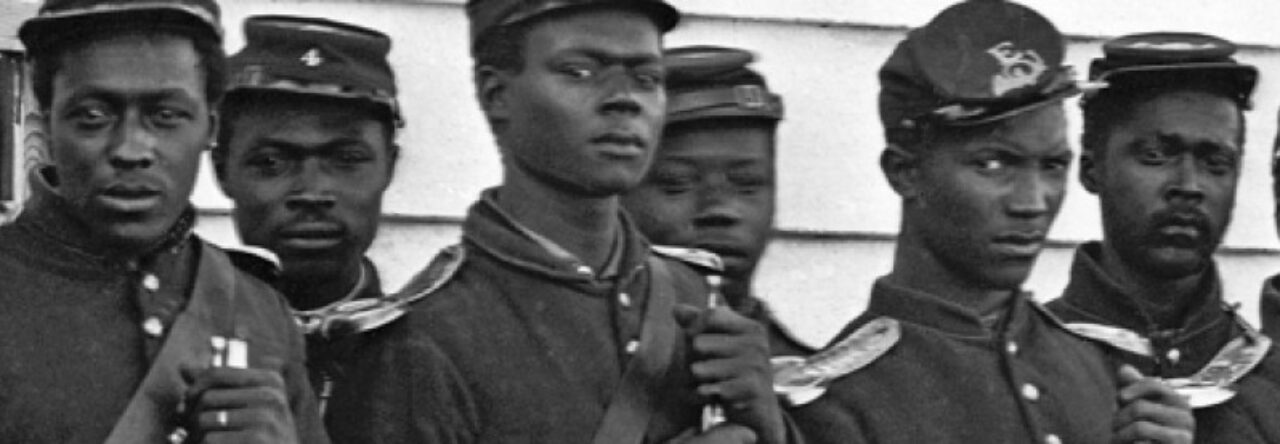How do I incorporate this wonderful historical information about the Civil War into my civics class? I have constantly striven to motivate my middle school students to use historical examples as we attempt to comprehend the fairly complex mechanics of our governmental and political systems.
Today’s information in class was a wealth of details that would do so much to enhance my students’ understanding if they would access it. For instance, judicial review could be discussed in light of the Dred Scott decision and Abelman v. Booth, which outlawed the personal liberty laws of the northern states. A discussion on federalism would be enhanced in light of those same personal liberty laws or on an examination of President Lincoln’s First Inaugural Address, where he quotes and defends his Republican Party’s platform: “Resolved, That the maintenance inviolate of the rights of the States, and especially the right of each State to order and control its own domestic institutions according to its own judgment exclusively, is essential to that balance of power on which the perfection and endurance of our political fabric depend; and we denounce the lawless invasion by armed force of the soil of any State or Territory, no matter what pretext, as among the gravest of crimes.” A discussion of civil disobedience and how far can one go without “crossing the line” would be aided by an investigation of John Brown, both his actions and his words. I was intrigued by our discussion today and the dominant view of John Brown as he is portrayed in our history. As Barry Goldwater once said, “I would remind you that extremism in the defense of liberty is no vice.” Or as stated in Thomas Jefferson’s letter to William Stephens Smith, “The tree of liberty must be refreshed from time to time with the blood of patriots and tyrants.”
When I was reading the texts assigned prior to the class, I had initially planned on creating a lesson based upon how our Founding Fathers could have written the Constitution in 1787 that would have avoided the Civil War. We discuss the compromises between the northern and southern states, such as the tariffs, 3/5 clause, the slave trade, and the fugitive slave clause. What could Madison and the others have included that would have avoided this cataclysmic event?
At this point, I am feeling a bit overwhelmed with the large amount of information available. I once again understand how my students must feel, which brings me full circle. How do I get them to attempt to do serious research, when it is so difficult even for me? It is no wonder that they resort to using Wikipedia and Google (yes, I know it’s a search engine, but my students don’t) to complete their assignments. So, as Beth posted earlier in “Searching for research”, there has to be a solution to getting students “to use and explore more websites that have meaningful information.”

Rebecca
One of the problems I think we all face is the vast amount of resources we have available to us and so little time to teach each topic. More and more I am beginning to understand the mile wide inch deep teaching when we should be doing it quite the opposite.